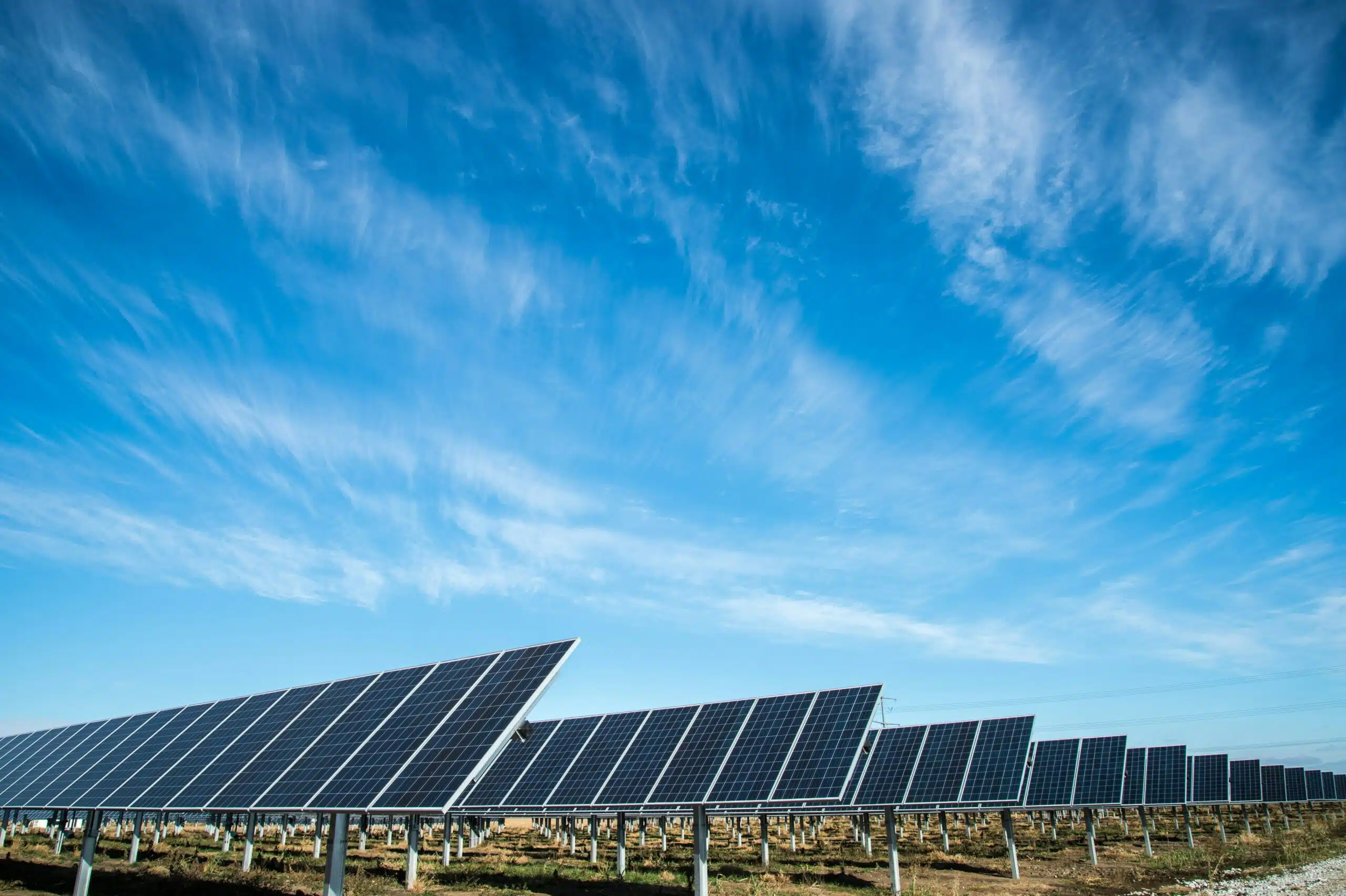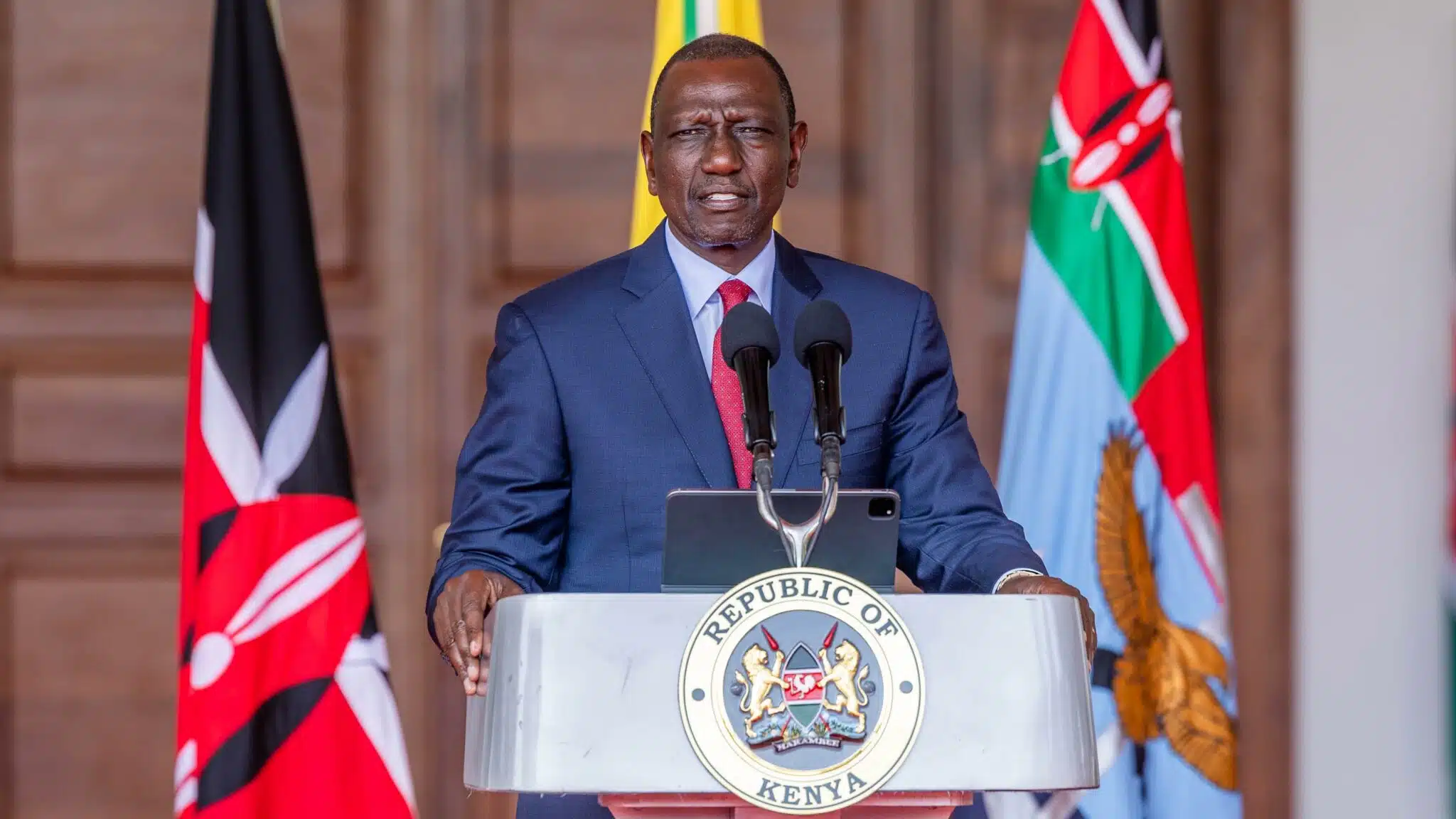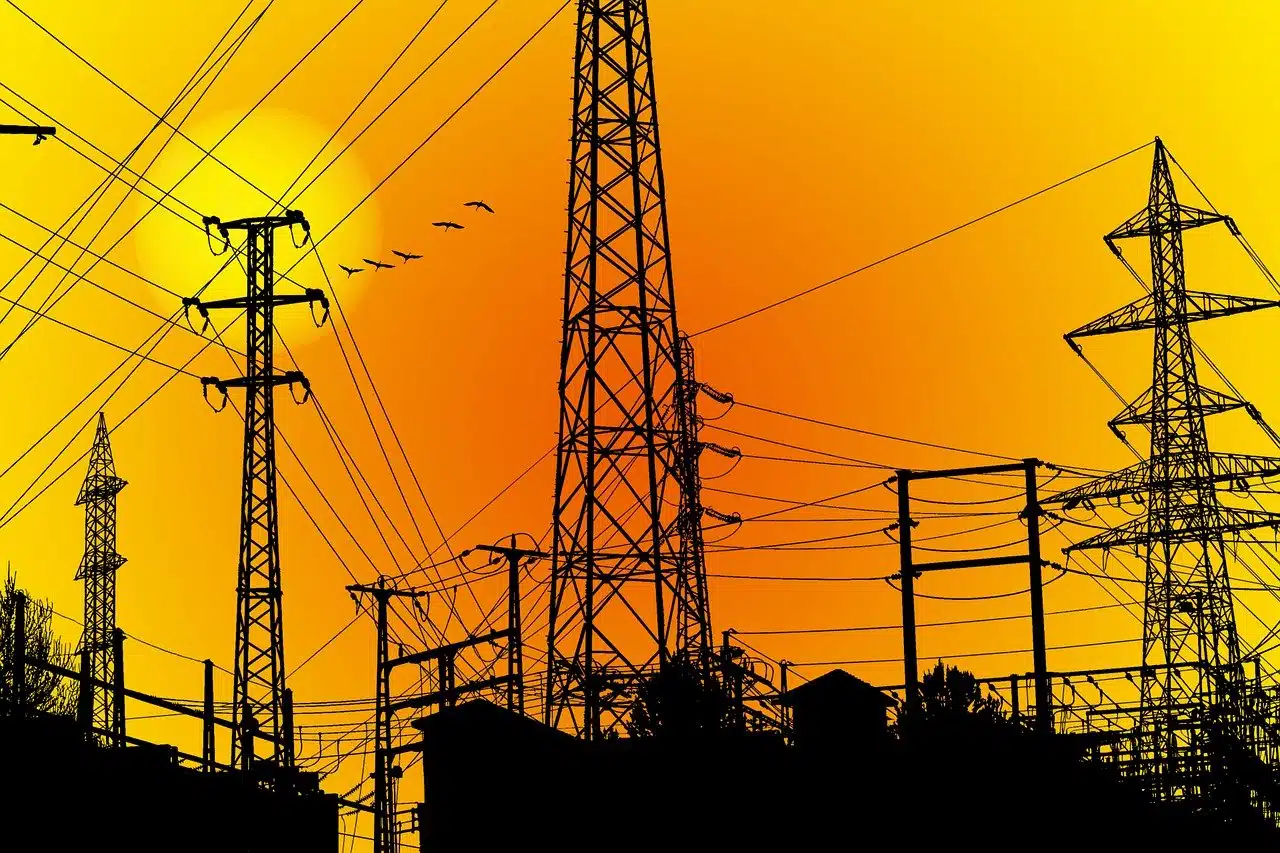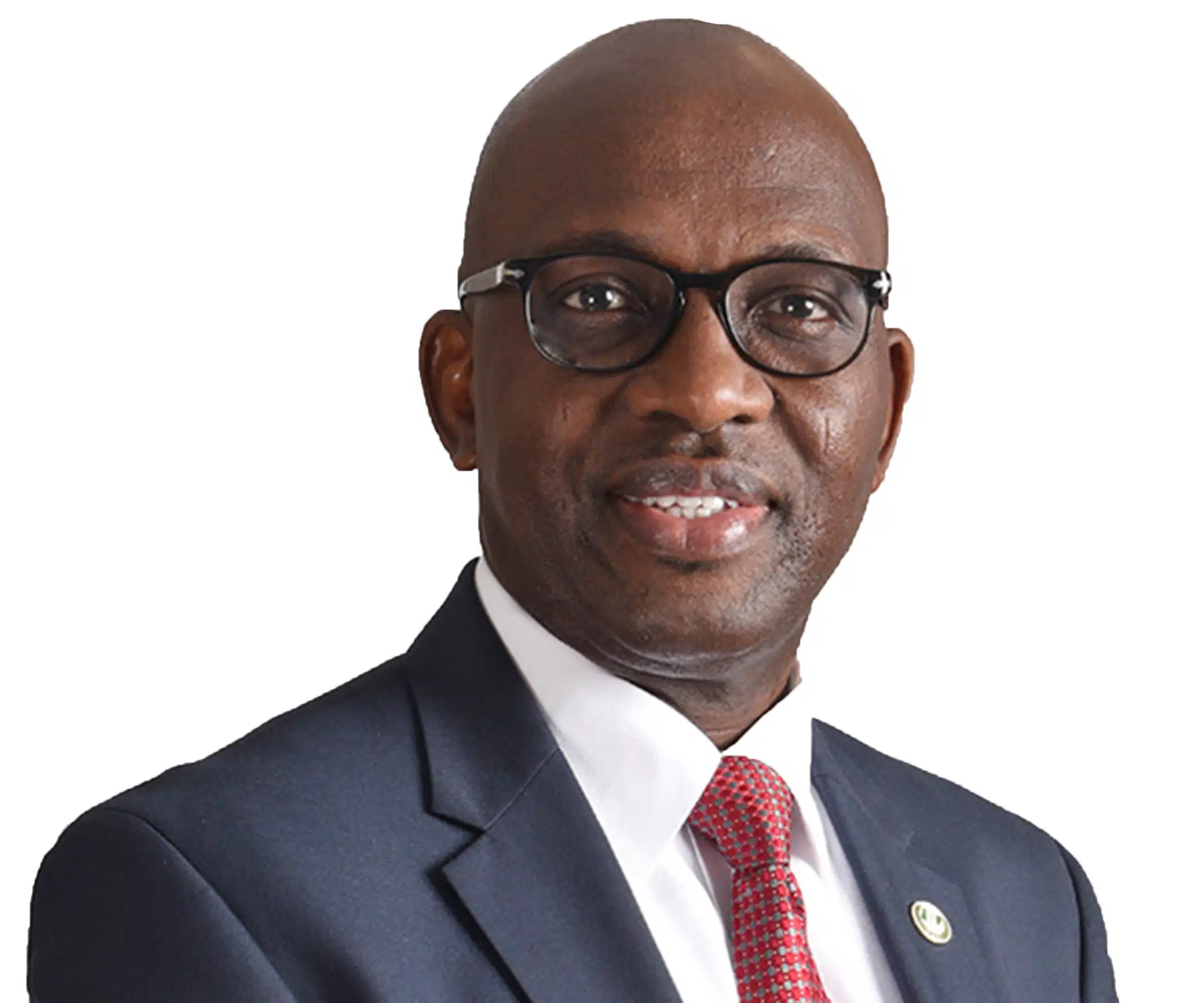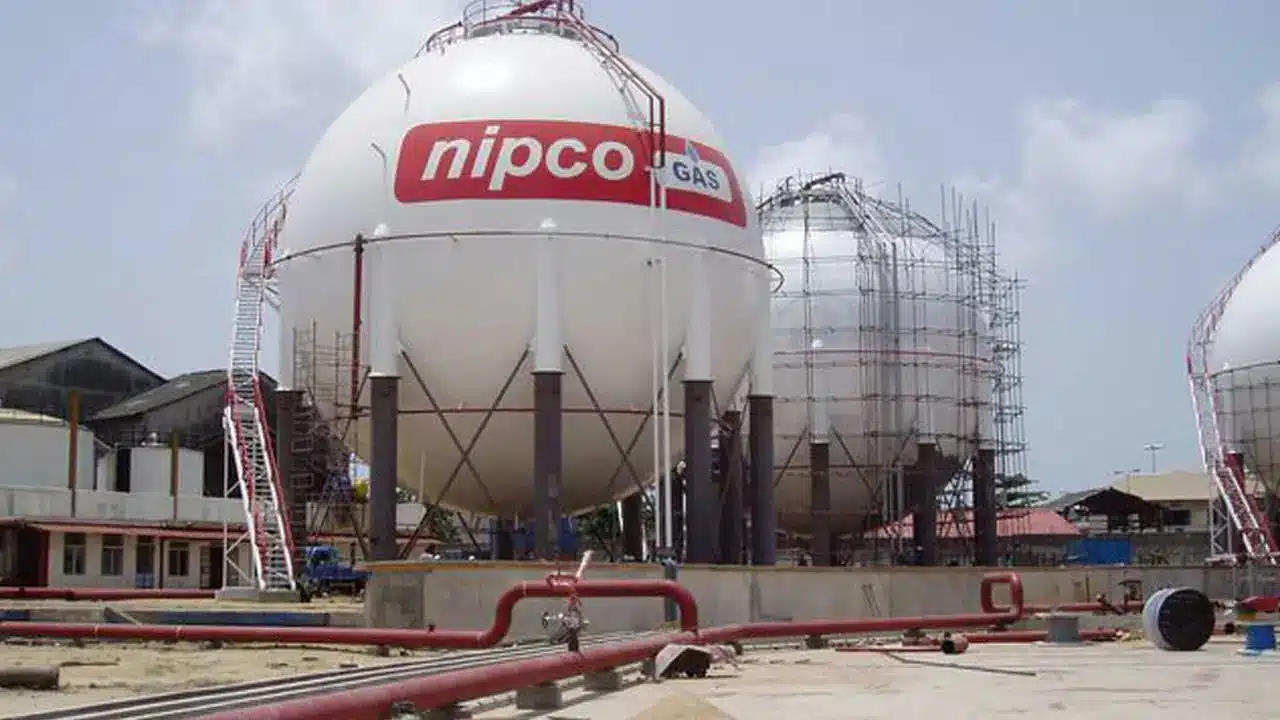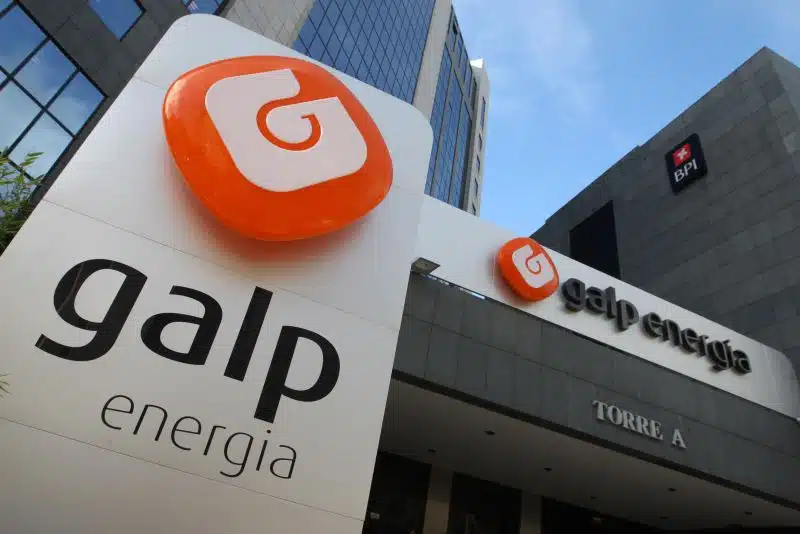The Nigerian government has announced plans to install solar energy in more than 37 universities and hospitals across the country in order to address persistent electricity blackout.
The Director General of the Energy Commission of Nigeria (ECN), Mustapha Abdullahi, made this disclosure in a statement, adding that it is the hallmark of the Renewed Hope Solarization Project.
“This initiative will deliver 2 megawatts of clean, renewable energy to each of the 37 federal universities across Nigeria’s 36 states and the Federal Capital Territory (FCT), ensuring sustainable and reliable power for academic institutions”, the ECN said in a social media post.
The project will also oversee the installation of 2 MW solar hybrid systems in each of the 37 tertiary hospitals across the nation.
“This strategic effort aims to enhance healthcare delivery by providing dependable, eco-friendly energy to critical medical facilities, advancing Nigeria’s sustainable development goals”, the ECN said.
This initiative comes at a critical time when federal tertiary institutions have been grappling with unending blackouts.
One such institution is the University College Hospital, Ibadan which serves the University of Ibadan that endured a blackout for more than 100 days due to mounting electricity debt and consequent disconnection.
Nigeria’s moves to bring solar energy to federal institutions
Last week, Nigeria’s government announced a plan to provide a decentralised solar mini grid to power the Presidential Villa.
The project, billed to cost N10 billion ($6.2 million), is aimed at making the presidential villa to be energy independent and to avoid the rising cost of electricity which the presidency has described as “unsustainable”.
The Rural Electrification Agency of Nigeria is at the forefront of bringing sustainable energy to Nigeria’s tertiary institutions.
The Agency’s Managing Director, Abba Aliyu, stated that to improve electricity access in the education sector, the REA has delivered hybrid mini grids in 7 universities and two teaching hospitals including the University of Abuja.
“In the University of Abuja, a 3- megawatt(MW) minigrid is working there providing the entire university with reliable clean 24/7 electricity”, Aliyu said.
He stated that the REA has commenced electrification in six other universities and one teaching hospital in the nation.
This is under the REA’s Energizing Education Programme which aims to install 89.6 megawatts of electricity in 37 federal universities and 7 university teaching hospitals.
In the health sector, the MD said that the REA has delivered 100 containerised mini grids in 100 health institutions in the country.

